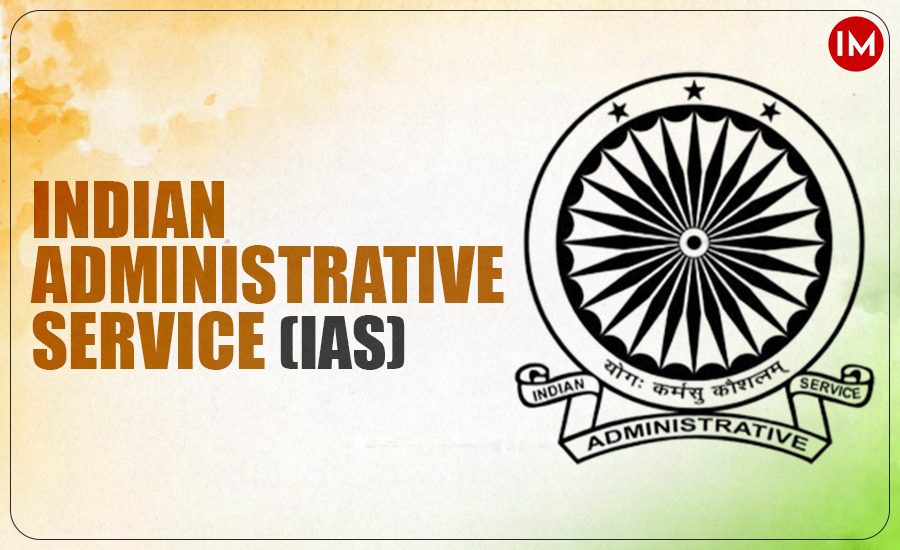Thiruvananthapuram: The Kerala government has enacted a significant amendment to its Rules of Business, granting non-IAS officers, including retirees heading statutory or quasi-government bodies, the authority to function as ex-officio secretaries with the power to issue government orders.
Officials say this change could blur the lines of constitutional accountability, dilute the established administrative hierarchy, and set a precedent with long-term consequences for the state’s governance model.
Constitutional Amendment to Empower Non-IAS Officers
The amendment modifies Rule 2 of the Kerala Rules of Business to include ex-officio secretaries in the definition of ‘Secretary to Government.’ Additionally, Rule 12 has been amended to grant these officers the authority to authenticate government orders, a power traditionally reserved for officers appointed under the Indian Administrative Service (IAS) cadre or those promoted through established bureaucratic channels.
Concerns Over Institutional Integrity
This development has raised concerns among senior bureaucrats regarding its potential impact on the structure and integrity of government functioning. Critics argue that the amendment could lead to a parallel administrative structure, bypassing traditional scrutiny mechanisms and weakening established checks and balances. There is apprehension that the absence of a clear appointment framework may pave the way for politically motivated appointments, undermining institutional integrity.
Debate on Procedural Appropriateness
The amendment has also sparked debate over its procedural appropriateness. Some officials contend that the empowerment of ex-officio secretaries could have been addressed through procedural manuals, such as the Kerala Secretariat Manual, rather than amending core constitutional rules. They argue that invoking Article 166(3) to amend foundational governance rules represents a significant departure from established practices.
Potential Impact on Governance
The inclusion of non-IAS officers as ex-officio secretaries may have implications for governance, particularly in departments like planning, science and technology, and finance, where several non-IAS heads currently operate. This change could lead to a shift in decision-making processes, potentially bypassing traditional scrutiny and oversight mechanisms.
Call for Deliberation and Review
In light of these developments, there is a call for a broader dialogue within the bureaucracy to deliberate on the implications of the amendment. Some officials suggest that the IAS Association in Kerala should convene to discuss the issue, emphasizing the need to uphold protocols, accountability, and institutional integrity in the face of evolving governance structures.
What’s at Stake?
Critics argue that the amendment may upend decades of administrative equilibrium, eroding the institutional distinction between career civil servants and politically appointed functionaries.
Legal experts are also examining whether this amendment could be legally challenged on the grounds of violating the constitutional principle of separation of powers and administrative neutrality.




























